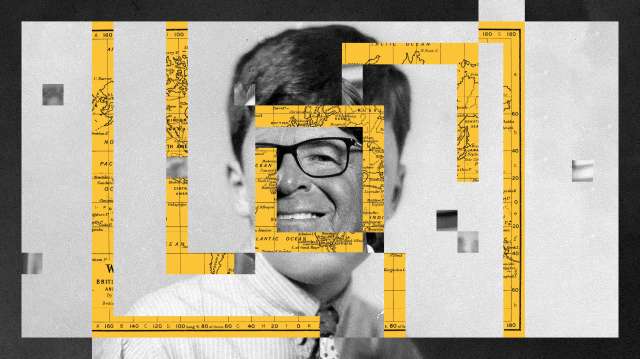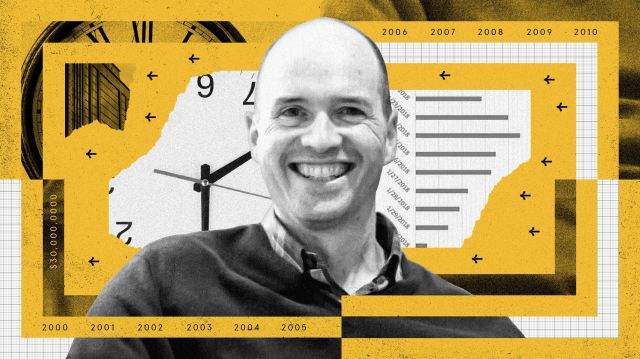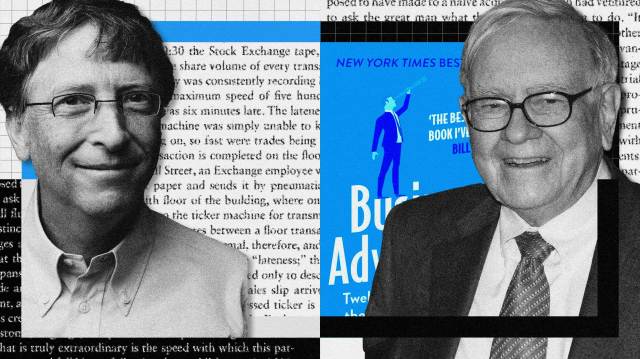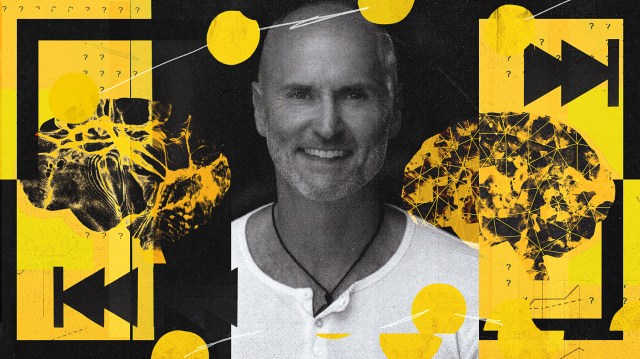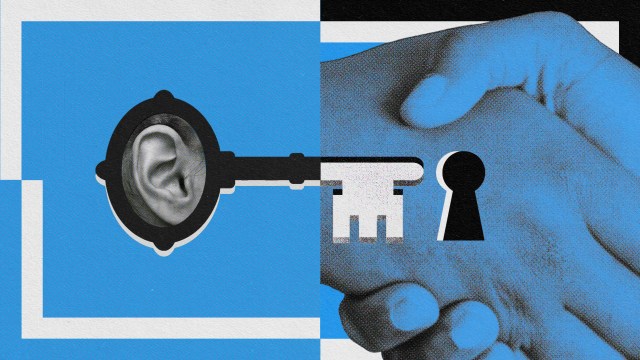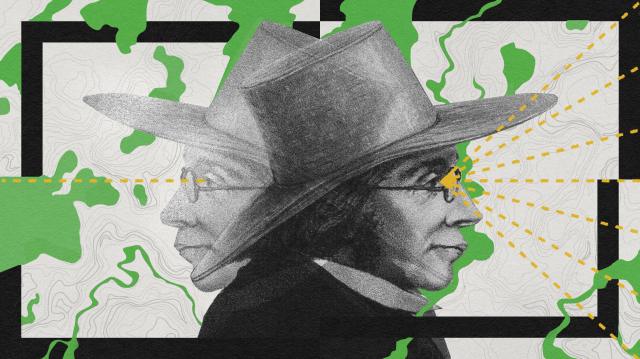How hindsight might have saved Quibi from gold-plated debacle

- Quibi — an app designed solely for short-form mobile video content — was launched in 2020 by business heavyweights Jeffrey Katzenberg and Meg Whitman.
- After securing nearly $2 billion in funding Quibi failed to adapt quickly to market feedback and the challenges of the pandemic.
- Quibi’s inability to learn from tech startup practices highlights the importance of hindsight for any new venture.
It all began a long time ago, but by 2018, Hollywood was starting to get nervous. Every year, more and more people were carrying around smartphones. And no one uses a smartphone just to make calls. People were using their phones to consume huge amounts of data to watch increasingly high-quality videos on their tiny screens. By 2019, it was estimated that 80 percent of all internet traffic would be due to video content. People were seeking more at-home and in-your-hand entertainment experiences. They wanted videos that were free and easy.
But as one door shuts, another one opens, and for many people, a challenge is just another opportunity. People still wanted to watch great video content, and they were even still willing to pay for it, but they just weren’t doing it the same old way. So, in 2020, the Hollywood executive Jeffrey Katzenberg and former HP (Hewlett-Packard) CEO Meg Whitman came together to create Quibi.
Quibi was designed to be a streaming service for the mobile phone age — an on-the-go subscription service featuring a glittering cocktail party of the best-known brands and celebrities. Every TV show or video would be curated, edited, and polished perfectly to complement the short-form medium. Nothing you saw on Quibi would take more than ten minutes. Quibi was the media mogul’s attempt to jump on the bandwagon of the smartphone age and yield to the unbeatable force of fragmented attention spans.

In less than a year, Quibi was a LinkedIn morality tale. It lay abandoned and shunned like some kind of radioactive waste. A cottage industry of strategists and pundits weighed in on “what went wrong” at Quibi, and there’s a book yet to be written about what people thought. But one of the biggest things we can learn from the sunken tanker of Quibi is that they failed to apply hindsight.
Like an Icarian tale of billion-dollar hubris, they spent so much time flying up that they forgot to remember their roots.
The startup that runs like a big business
Quibi was born in the liminal space between trends. It wasn’t so much a bet on the market as it was on an emerging market. The entire point of the streaming service was its belief that on-phone video consumption wasn’t a fad but the new norm.
When you position yourself on the frontiers of a highly volatile industry, you need to move quickly. You need to change with the winds, because the winds will change often. In short, you need startup energy. Quibi needed lean and rapid iterations, designing a minimal viable product (MVP) and an adaptive “controlled burn” approach that grew with the business: In other words, they needed to get things wrong and grow in the process. Quibi did the opposite. It secured huge funding almost straight away and was determined to polish and perfect a final product at launch.
Within a few months, Quibi had $2 billion to work with, and they made sure that cash was spent — hundreds of millions of dollars on marketing for a product that wasn’t even ready yet. How can you hope to push a product that fits the market when you don’t even know where that market will fall? Essentially, they were advertising a product that wasn’t ready and hoped it would find a market. Sadly, for Quibi, proof and testing usually beat hope.
Quibi was so focused on market changes that it forgot the basics of hindsight. To all intents and purposes, Quibi was a startup. It was a good idea, led by big names, and required major backing. Not only this, but Quibi was a tech startup. So, the first thing Quibi management should have done was look at how to run a tech startup. A gargantuan marketing push on an untested, unfinished final product is not that.
Quibi needed something much more organic and responsive. They needed to experiment and tinker. They needed to fail now and then to grow bigger and better each time. Tech startups often spend years crafting a product only to have it stress-tested and heavily handled by every possible kind of consumer. There is a large graveyard just outside Silicon Valley, where the corpses of many not-Quibis lie buried, having failed to get through the private or public beta stages.
Hindsight to grow
In some ways, Quibi’s lack of hindsight and appreciation for the tech-startup path were structural problems. It was all due to the funding. With so much money and so many rich, powerful investors breathing down your neck, you can’t just release a bare-bones MVP without it looking like a waste of money. Quibi would have been better off with $100 million than $2 billion.
But there are two different kinds of hindsight. The first is the one we’ve seen already: looking at other industries or businesses and learning from what they did. Quibi failed to apply the hindsight of a tech startup and suffered because of it. But that shouldn’t have been the end. The second kind of hindsight comes from looking at and learning from your own mistakes. Here, too, Quibi proved myopic in two ways.
First, they refused to change course with an iceberg obviously up ahead. Within a week of its April 2020 launch, the app failed to break into the top 50 most downloaded apps. By the end of May, it had attracted only around 1.5 million active users, which was far below projections. This was the opportunity to pivot. This was the opportunity to apply some hindsight. Instead, they doubled down. They stuck to the same marketing strategy and market targeting. In its last months, Quibi did try to make some changes and listened to feedback; it added support for Apple and Google products and was even in talks with Amazon and Roku about a partnership. But by then, it was too little and too late.
Second is the unacknowledged elephant in the room: COVID-19. A global pandemic is not the best time to start any business, let alone one that relies on out-and-about consumers. It’s hard to enjoy on-the-go streaming entertainment when you’re locked in your house and slouching on the sofa all day. But with so much money, Quibi didn’t need to be a casualty; it needed to change. Lockdowns were announced and brought in over a series of weeks and months. For any lean, fast-moving startup, there was time to adapt the product. Bring in partnership deals, allow phone-to-TV casting, offer a free-with-ads option services, or any number of agile moves. No one could predict COVID-19, but a great many businesses did adapt.
More than foresight
At the risk of joining the cottage industry of wreckage analysts, we can learn a lot from the tale of Quibi. On paper, they did a lot of things well. They were appealing to a growing consumer market with a lot of money and with people who knew the industry. They had the ambition and foresight that any good startup needs. But you need more than foresight to succeed.
The two forms of hindsight — learning from others and learning from your own mistakes — are crucial for any venture. Quibi’s downfall showcases the importance of both. They failed to heed the lessons from other tech startups, which thrive on iterative development and market testing. Instead, they launched a polished product without validating its market fit. And they ignored the immediate feedback from their own launch, stubbornly sticking to a broken strategy and doubling down on failure.
This dual myopia sealed their fate. For any entrepreneur, the lesson is clear: always look back to learn, both from the successes and failures of others and from your own experiences. Only then can you hope to harness the changing winds of the innovation space and steer towards success.


